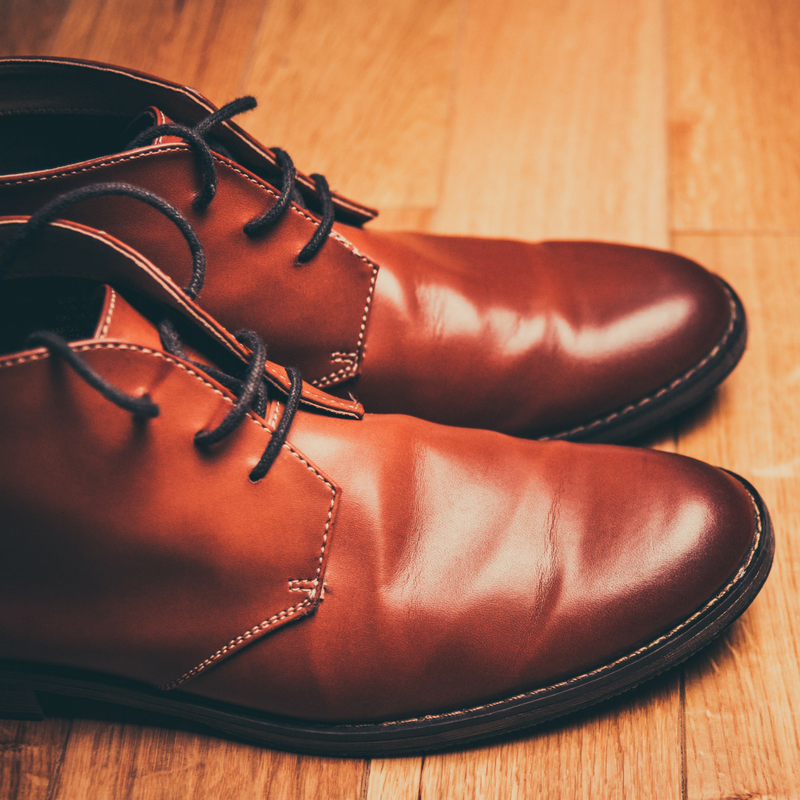I am the daughter of a man, a father, who lived a lifetime of regret.
A victim of World War II ? A victim of his own decision to drink each day? A victim of a society and culture that lacked the insight for how to treat alcoholism? Maybe a bit of all those things. I don’t know.
What I do know is that he walked out on us when I was just four years old. He left me, – my six brothers, and seven sisters. He left my mother. I’d like to say that there was anger or disappointment about his leaving, but there wasn’t. In fact, the feeling I recall most present in our home was relief. Relief that this abusive, raging alcoholic had walked out. Leaving us was the best choice he could have made. I am glad he made that choice.
I remember my childhood home so clearly. There were three entrances to the house – a front, back, and side door entrance. The side door connected you to four stairs that led to the kitchen. It was easy to go unnoticed when you entered this door. It was distant, and separate from the busy parts of the home – the living and family rooms.
It was through this door – the side door – that my father entered the last time I saw him.
It was the last time I would see or hug him for seventeen years. I was just four years old on this his last visit, and my brother Tom was just six years old. We both ran to greet him. I gave him a big hug. I remember that. The rest of my siblings seemed to vanish minutes before his arrival. Mom sat anxiously waiting in the living room, alone.
The next hug came after his visit to the racetrack and his massive heart attack. The priest gave him his last rights, believing he was transitioning to the other side. My brothers and sisters went to his bedside to see him. I was away at college and did not make it to the hospital. It turns out that this wasn’t his time to transition.
I came home from school to see him. I was now 21 years old. It was like meeting my father for the first time. I was a young adult. I was a college student at an outstanding university. My life was expanding. His life was crumbling, and nearing the end. To me, he was “The Mystery Man”. I stood before him trying to make sense of that day, and all of the years that had past since that “final visit” so many years earlier. And so I wrote …
The Mystery Man
Now seeing the mystery man
Hardly mentioned, spoken, or heard of
The mythical man not to be seen
Today, here and now looking into your saddened eyes
Pain wells up inside me – I dare to breathe
To recreate a past of twenty years
To tell you of the thousand times I asked myself – why?
Now I see the pain and the tears
Held so tightly within this God-sent woman – my mother
How to view, name, or call one a father?
I had my questions for him, but his frailty and extreme vulnerability kept most of my questions unspoken. I did know that he wasn’t deserving of the title “father”. His absence made this name meaningless, and disconnected from him. I would not grant him that title. He had not earned that privilege. The deep pain in his eyes left me wondering … is it time to forgive? And so I wrote…
Is it Time to Forgive?
How do you say goodbye
To someone you never knew
Never saw
Never loved
How do you forgive someone
Who never apologized
For the pain
The suffering
The absence
The pain
How do you learn
To trust again
Once they walk out on you
The pain stays
Trust impossible to find
Dear father you left a void
A chasm no one could ever fill
Do you need me to forgive and say goodbye?
Or do I?
I saw my father only a few more times that year, his final year on earth, my final year of college. I didn’t find answers. He didn’t find peace. We didn’t recreate family, or fill the void left by his many years of absence. When he passed away I was sad — more for what we never had, than what we had and lost. We never had the chance to experience life together, so he remained a “Mystery Man” to me. I remained distant, and unknown to him.
I did forgive him. Following his death, I discovered a poem that my father had written. Given the passion I had to write, maybe we were connected in ways I couldn’t understand. And so HE wrote…
Hope (by Bernard McNamara)
The leaves will soon be
On the trees outside my window
The snow in the background
Does not change my view
Of belief in a Hope of Springtime
And Hope of Springtime Change
A Hope and Prayer for forgiveness
From all the people I have hurt
Without intent
Now with hope Spring is here
Soon I hope
My hope is that he forgave himself – for leaving the family he created – from choosing a drink over lasting relationships. I hope for him that he learned, forgave, and left this earth with some peace. He taught me how I didn’t want my life to be. I would choose better. I would be free and live free. I would love and be loved. I would not run away from myself or others. I would choose love.
I also learned what regret looked like, felt like. I began to realize that I had not been abandoned. So often the story of regret is followed by a story of redemption. My story was no different. It wasn’t my father who redeemed himself. It was my brothers and sisters who stepped in to redeem their father, and provide unconditional love and support for their baby sister! And so I wrote…
Dear Brother – Dear Sister
Thank you for stepping in
For giving love
And safety
No one could know
The pain
The void
The loss
Felt only when
A parent walks
Out on you
The pain is too much
The void is too deep
There is never goodbye
For us
I love you
Forever
This wasn’t my last experience of rejection or redemption. It was simply the first. We all have the chance to begin again, but it requires us to discover our regrets, our wrongs, and then have the courage to make a different choice.

